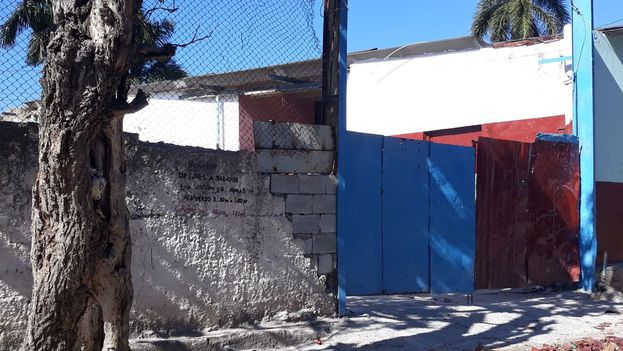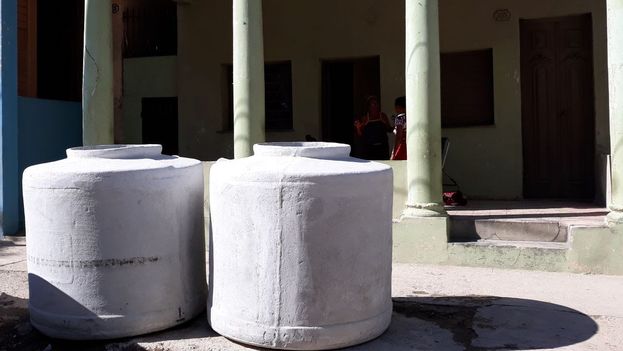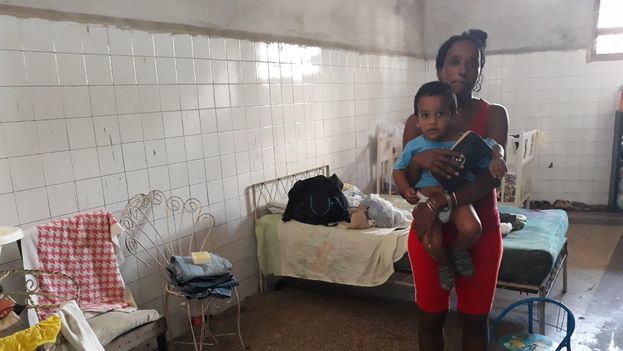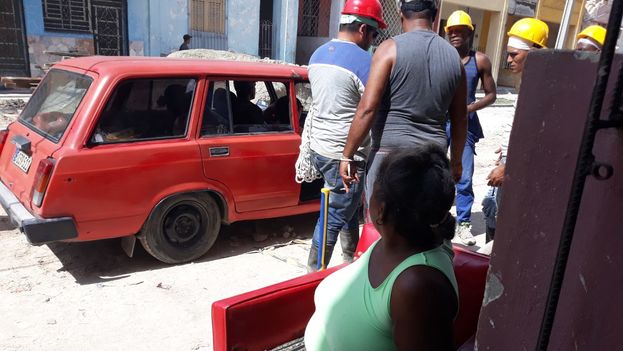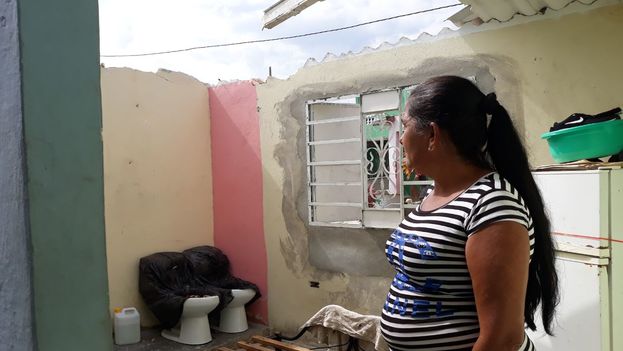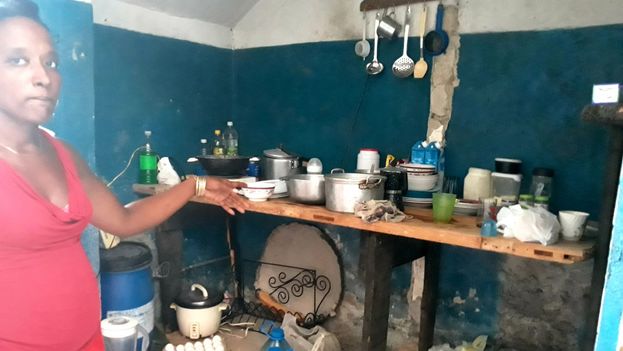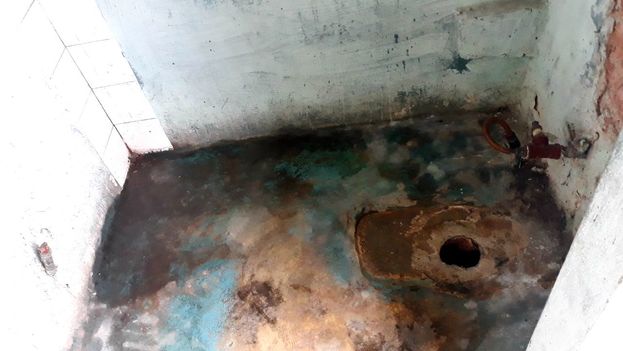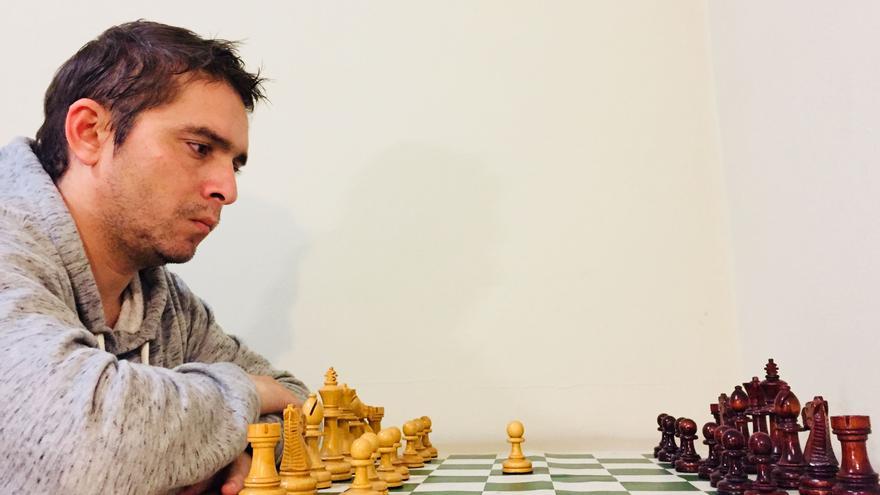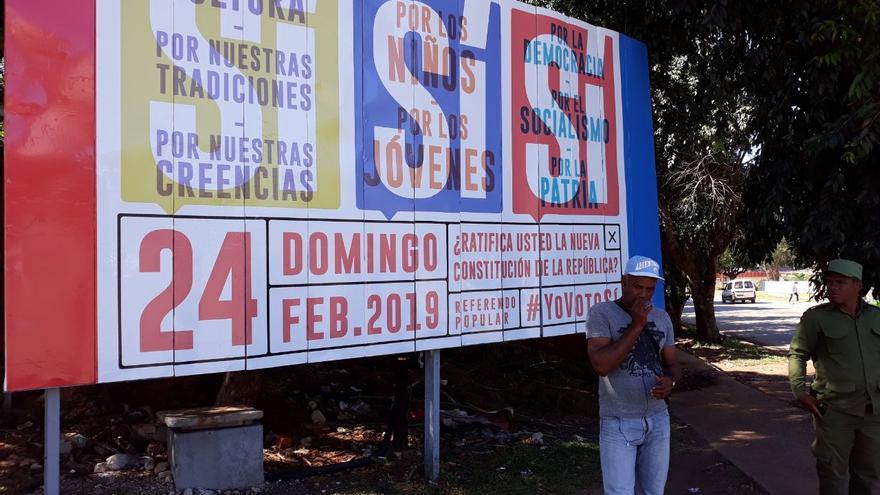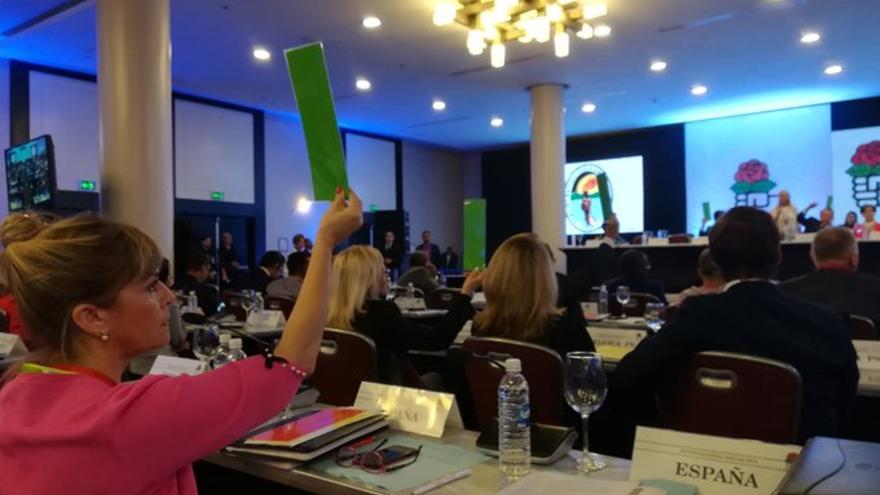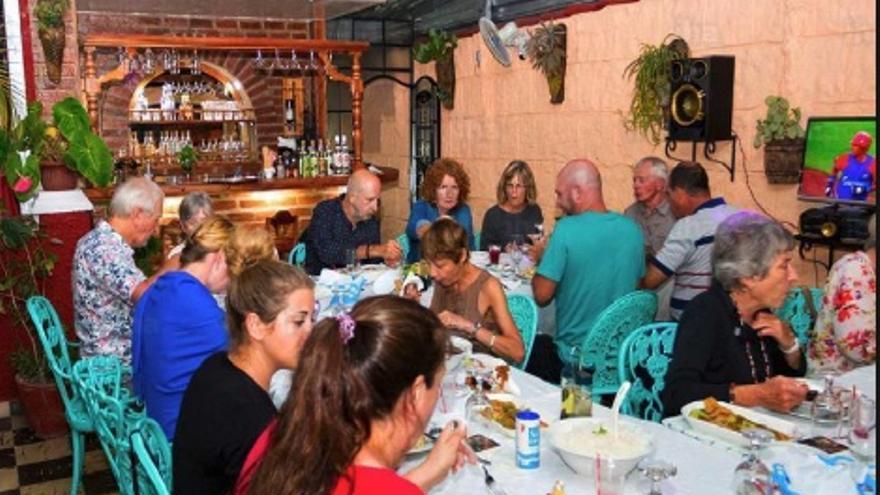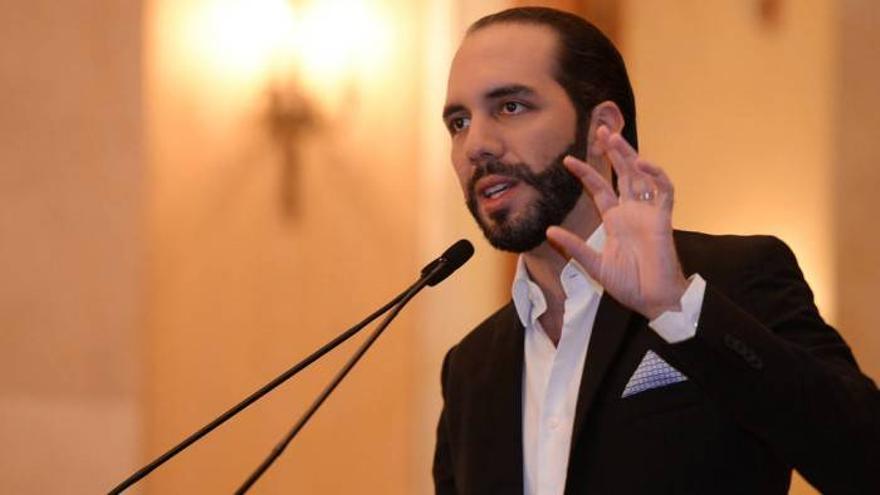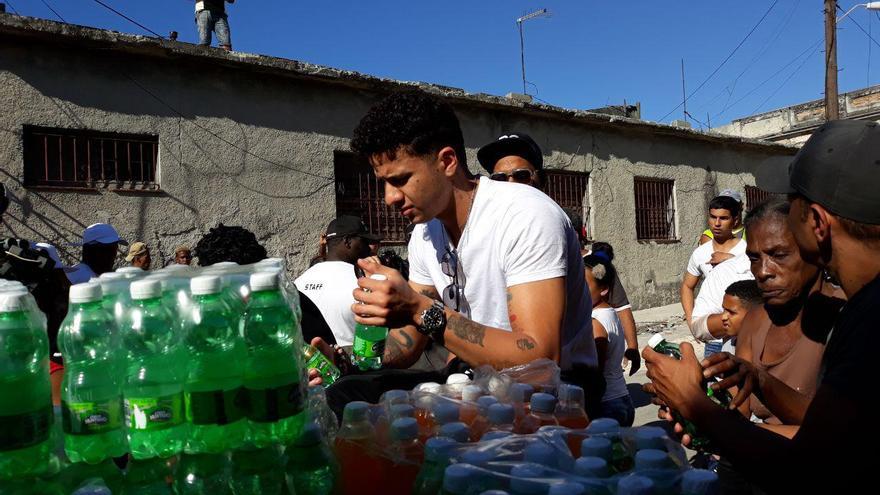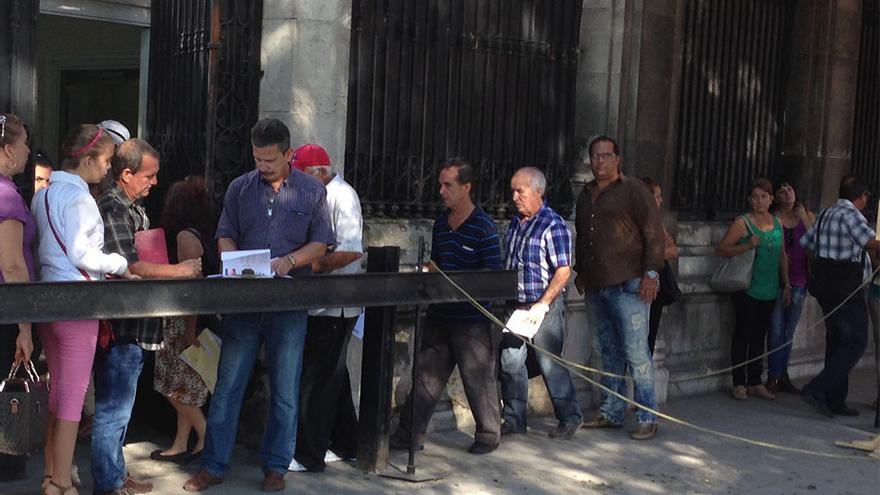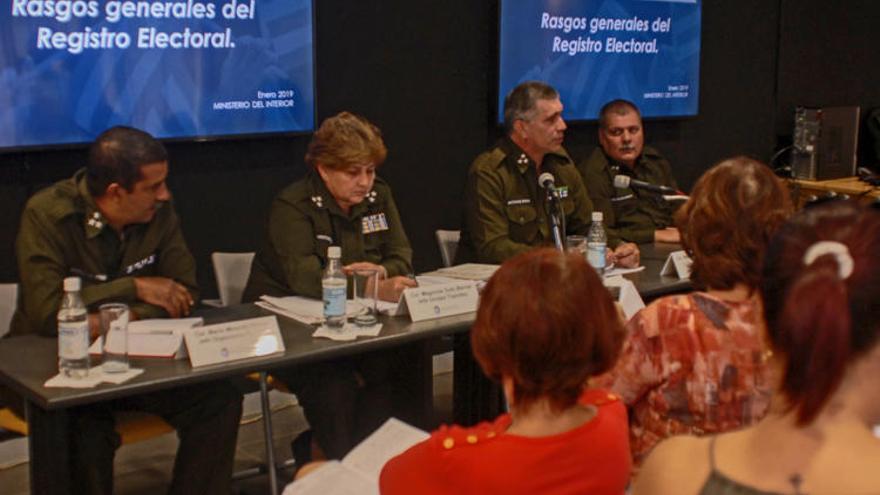
![]() 14ymedio, Reinaldo Escobar, Havana, February 15, 2019 — The referendum on February 24 is not a formality, it is a requisite for the new Constitution of the Republic, approved by parliament on December 22, to come into force. And the rules of this popular consultation do not protect the government from a possible surprise.
14ymedio, Reinaldo Escobar, Havana, February 15, 2019 — The referendum on February 24 is not a formality, it is a requisite for the new Constitution of the Republic, approved by parliament on December 22, to come into force. And the rules of this popular consultation do not protect the government from a possible surprise.
Unlike other electoral processes in which district representatives or members of parliament are chosen, the will of the electorate is not determined in referendums exclusively counting valid votes. According to what is established by article 137 of the constitution, still in force, reforming the constitution requires “the ratification by favorable vote of the majority of citizens with the right to vote,” or what is equal to more than 50% of those registered in the electoral register.
So the Yes option could only triumph if it exceeds the combined number of those who opt for No, blank ballots, annulments, or abstentions. For example, if on the register there were eight million voters with the right to vote (there were 8,639,989 voters authorized in the March 2018 parliamentary elections), they would need four million plus one for Yes for the approval of the new constitution and its entrance into force. continue reading
The campaign #YoVotoNo (I’m Voting No), initiated in the middle of last year, has managed to surpass any other that has been carried out from the environment of the opposition. No banging on pots and pans (cacerolazo, in Spanish), request to strike, call to march or to not participate in activities promoted by the government has found an echo as massive as the invitation to mark a civilized little cross in the square that indicates that the voter does not wish to ratify this new constitution.
For the first time, the opposition, or even better, “the oppositions,” have a single and agreed-upon candidate. It has as its name a monosyllable of two letters: No. Evangelicals who believe that the new constitutional text opens the doors to marriage equality are going to vote for that “candidate.” Along with them, paradoxically, those who identify with the LGBTI community, and believe that an opportunity has been wasted postponing for two years the possibility of legalizing marriage between persons of the same sex, will do the same.
People aspiring to start a business, those who are not happy with the acceptance of private property and see in the new text more limitations than openings, will vote No. Believers unhappy with the absence of a true freedom of religion that allows a more widespread evangelization will do the same. Those who aspire to one day live outside the country and have the right to double nationality: No. Those who want a union to demand their rights or to associate freely to share customs and ways of living: No.
Obviously those who have had the clarity to realize that it is unacceptable to institutionalize the dictatorship of a party that intends to keep being the one and only one and impose an irrevocable system will vote No.
For more worldly motives it would be necessary to add those who have spent years waiting for the housing issue to be solved, those whose salary isn’t enough, those who are daily driven to despair waiting for the bus to come to take them to work. The thousands of Average Joes who have by now lost their patience.
Those voters mean many votes and could be rounded to 20% of the hypothetical figure of eight million. Or what is equal to 1,600,000 citizens.
In parallel, and for similar motives to those who will vote No in the referendum, there is a considerable number of Cubans who will opt to not visit the polls, whether out of indifference or because they think that their simple presence in what they consider to be a farce only serves to legitimize the process. Of course, only those who are enrolled in the electoral register can be considered as abstentionists. That group could amount to another 20% of the electorate.
Recently Alina Balseiro, president of the National voting Commission (CEN), confirmed that Cubans who are temporarily out of the country for personal reasons will not be able to exercise their right to vote in the 1,051 polling places that will be set up abroad for the use of those who are fulfilling an official mission of the government. However, she affirmed that these citizens could vote in their country on February 24 because if less than 24 months have passed since their leaving the country, all their rights remain intact.
It is difficult to calculate the number of people with the right to vote (over 16 years old) who left the island between February 25, 2017 and February 23, 2019, and who have not yet returned. Since their names must appear on the voting register, they will swell the number of abstentions. They could be around 2% of the electoral register.
It’s necessary to warn that this figure is easy to cover up, because the responsible body for the voting register is precisely the Office of Identification, Immigration, and Alien Status (DIIE) of the Ministry of the Interior, which has a thorough control over the entries and exits of the country. The DIIE officials can calculate that the illegal operation of omitting the names of travelers will remain unpunished, among other reasons because those eliminated will not be on the island to demand their presence on the list.
To facilitate these exclusions they rely on the argument that any voter who does not appear on the registry, having a right to it, can be added in an almost immediate manner by showing their identity card at the appropriate polling place.
Finally there are the undecided who leave the ballot blank, and the nonconformists who wait for the opportunity to send a message to power by writing an anti-government slogan on the ballot or by drawing something like an obscenity. If added up they reach 800,000, a worrying balance opposite the positive vote could be produced, one that could only be hidden by resorting to a crude fraudulent operation.
Although the champions of No would not win independently, those who propose abstention, annulers, and undecideds could celebrate together the defeat, unimaginable for many, of Yes.
It goes without saying that the government has a wide margin to manipulate the results. However, they could not get rid of the fact that they remain in power supported by a minority.
Translated by: Sheilagh Carey
_______________________
The 14ymedio team is committed to serious journalism that reflects the reality of deep Cuba. Thank you for joining us on this long road. We invite you to continue supporting us, but this time by becoming a member of 14ymedio. Together we can continue to transform journalism in Cuba.

